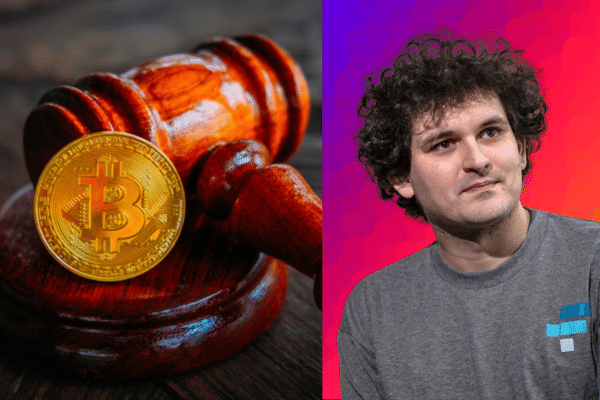FTX owner Sam Bankman-Fried (SBF) has found support from prominent allies in his efforts to avoid jail and maintain his right to speak with the press before his upcoming trial in October. Notably, the New York Times and Harvard Law School Professor Laurence Tribe have joined his cause, media report said.
Bankman-Fried and others involved in his criminal case were issued a temporary gag order, preventing them from engaging with the media, after he cooperated with a New York Times profile on his former girlfriend and ex-CEO of Alameda Research, Caroline Ellison.
In an affidavit dated August 1, submitted to the U.S. federal court overseeing Bankman-Fried’s trial, Professor Tribe argued that Bankman-Fried has the constitutional right to speak to the media about his case when reporters seek his perspective on their stories. The New York Times and other media organizations also contended that the gag order interferes with their ability to report on matters of public interest, raising First Amendment concerns.
Tribe emphasized that Bankman-Fried should be able to communicate with the press without projecting a false image of guilt or avoiding media coverage, as this could unfairly influence public perception and hinder the presumption of his innocence. Despite being associated with the law firm of Bankman-Fried’s father, Tribe asserted that his affidavit was submitted independently as a constitutional law expert.
One point of contention is whether Bankman-Fried was the primary source for personal documents of Caroline Ellison included in the New York Times story, which prosecutors allege came from him and indicate a pattern of witness tampering and suspicious behavior leading up to the trial.
Tribe argued against the gag order, which not only restricts Bankman-Fried but also any representatives, family members, spokespersons, or volunteers speaking on his behalf from saying anything that could sway public perception and undermine his presumption of innocence.
The New York Times, the publication that published the profile of Caroline Ellison, also opposed Judge Lewis Kaplan’s gag order, citing the public interest in the case and the media’s role in providing timely, pertinent, and fairly reported information about Ellison and her activities at her cryptocurrency trading firm.
Various parties, including a documentary production company working on an FTX-related film and the Reporters Committee for Freedom of the Press, also called on Kaplan to modify the gag order and allow Bankman-Fried and others to continue speaking to reporters.
Due to the significant input from multiple parties, Judge Kaplan scheduled another hearing on the matter and is expected to decide whether to put Bankman-Fried in jail before the trial commences on October 2, as well as whether to extend the temporary gag order throughout the criminal proceedings.



